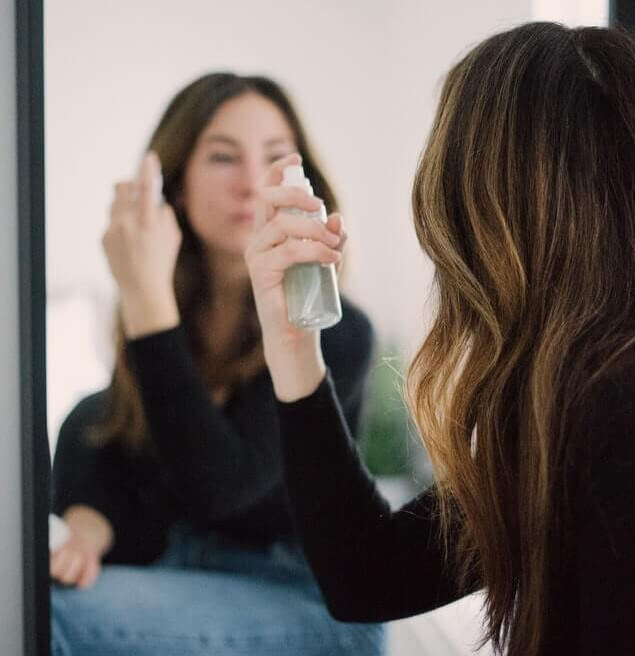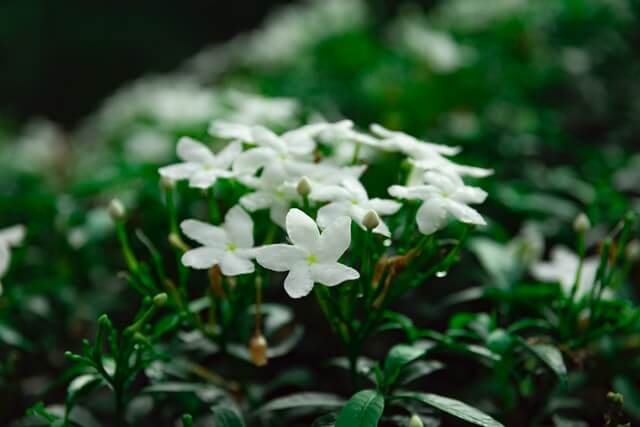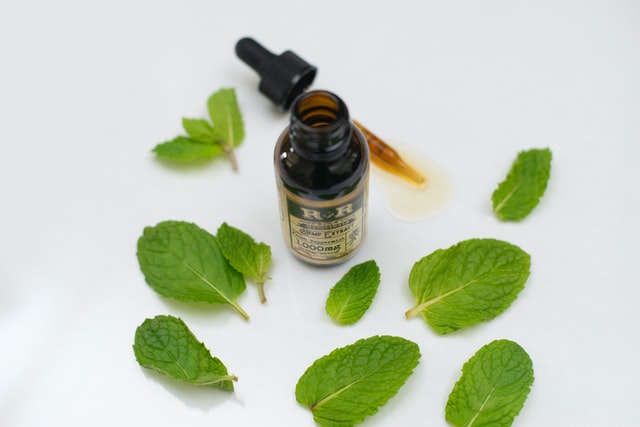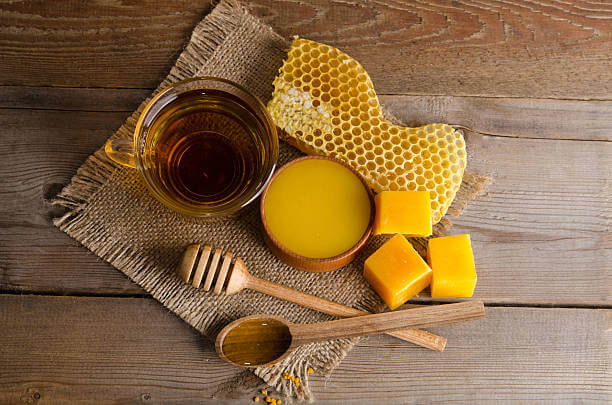Picking the right and appropriate aroma is actually a task. Regardless of whether you’re searching for a poison-free scent to help your regular way of life or discover the locally acquired alternatives that give you migraines, making your own DIY perfumes and aroma is a remunerating experience. Discovering your particular fragrance can be a difficult excursion. It’s a given that a great deal of the best aromas is enjoyed by many, so while they’ve acquired their prevalence, they’ve likewise gotten universal and have lost a portion of their bids.
At the point when you consider scent, you presumably think about the excellent, costly containers of cologne found in the pharmacy. And keeping in mind that they might smell flawless and look alluring on the dressing table, the fixings you’ll discover in them can be hurtful. Yet, in case you’re searching for a fragrance that is particularly yours, you can compose your own from straightforward fixings. DIY perfumes is a remunerating project that might require some examining and persistence, yet it will lead you to your unmistakable fragrance. Another reward is that you’ll have the option to keep away from synthetic compounds and aggravations found in locally acquired aromas, paring down your own recipe to straightforward and normal fixings.

Table of Contents
Can you make perfume with vodka?
Utilizing vodka as a base in DIY perfumes is incredible for making splash aromas that vanish around you. The projection of vodka is more grounded than scent oils, permitting you to encounter the top, center, and base notes all the more altogether. A little spritz of these aromas goes far and last longer rather than others which fades away faster.
Why alcohol is used in perfume?
The utilization of SD liquor or alcohol in DIY perfumes and fragrances assists break with bringing down scent fixings. It consolidates oils and fragrance items together. Alcohol vanishes in a flash, which makes it an optimal base for aromas. Liquor diffuses and lifts scents notes.
Can perfume be natural?
Natural aromas and DIY perfumes don’t contain fixings developed with synthetics, pesticides, or poisons, which can cause skin affectability and ecological harm. Not at all like scents that contain engineered items, regular aromas are not tried on creatures. They are actually natural and organic which can provide you several advantages to your body odor.
How to make DIY Perfumes at home?
DIY Perfumes with Citrus
What you need
- 1 tablespoon jojoba oil
- 30 drops of essential oils (grapefruit, sweet orange, peppermint, and a chamomile/lavender oil)
- 2 tablespoons of vodka
- 1 tablespoon distilled water
- Glass perfume bottle
How to make
First thing first, to prepare DIY perfumes, start from this amazing citrus Essential oil. Put on 1 tablespoon of jojoba oil in the container with 2 tablespoons of liquor. For adding your fundamental oils to the mixture, follow this order: base note: 10 drops of grapefruit, middle note: 10 drops of sweet orange, and afterward 5 drops of peppermint, top note: 5 drops of chamomile/lavender mix or simply lavender. Utilize a dropper to add refined and spring water. Blend these fixings well and move them to a glass holder. Allow this to sit for 48 hours or more, according to your inclination. Move to an aroma bottle whenever it has arrived at the ideal fragrance.
DIY Perfumes with Jasmine

What you need
- 2 tablespoons vodka
- 1 tablespoon distilled water
- orange blossom water
- 30 drops of jasmine
- 5 drops lavender
- 5 drops of vanilla
- Glass bottle
- Cheesecloth
How to make
Blend the measured and needed fundamental oil and mix with the vodka in a glass bottle. Then leave the oil and alcohol mixture to sit for two days to change its scent by the time. Then after add refined and distilled water or orange bloom water along with everything else and shake tenderly. Leave for around a month in a cool, dull spot. In the event that you see any residue, strain through a cheesecloth and empty the aroma into a splash bottle.
DIY Perfumes with Peppermint
What you need
- A small glass container
- Glass perfume spray bottle
- 1 tablespoon jojoba oil
- 2 tablespoons pure grain vodka or alcohol
- 30 drops of essential oils (grapefruit, peppermint, sweet orange, and a chamomile/lavender oil)
- 1 tablespoon distilled water

How to make
To prepare DIY perfumes with peppermint and grapefruits you need to follow the following procedure. Add the jojoba oil to the glass container and afterward add needed liquor. Then, add the fundamental oils in the accompanying request: base note – 10 drops of grapefruit, middle note – 10 drops of sweet orange and 5 drops of peppermint, top note – 5 drops of chamomile/lavender mix. Utilize a dropper to add refined water. Shake it to blend this well and move it to a dim glass compartment. Store this for two days or as long as about a month and a half. Move your aroma to a beautiful glass shower bottle once it arrives at your ideal fragrance.
DIY Perfumes with Beeswax
What you need
- 1 tablespoon carrier oil (almond)
- 2 teaspoon beeswax pellets
- 35-40 drops essential oils of your choice

How to make
Spot a glass bowl on top of a pan container partially loaded up with water. Stew over medium warmth. Put on the oil and beeswax in the glass bowl, and permit the beeswax to soften. Eliminate the bowl from the warm source after it gets melted, and mix. Transfer the fluid into a decorated glass bottle. When your liquid mixture starts to cool, add the fundamental oil(s) of your choice. Tenderly mix and place the cover back on your holder to hold the oils back from dissipating. Permit the aroma to harden before use. Also, as the fragrance develops, the aroma/scent increases.
Is it good to store perfume in the fridge?
At last, after preparing the DIY perfumes on your own, the fridge would be the safest place to store them. Even the two specialists suggest a cooler or refrigerator for storing aromas. Why? Since the cooler keeps a steady temperature—and gets the scent far from light and warmth—it’s the most ideal approach to keep away from oxidation or compound corruption.
How to make a Serum of Vitamin C for Skin?
Vitamin C Serum: King of Skincare?
Best Essential oil Carrier Oil: Review for Skin
Homemade Serum for Face Using Essential Oils
